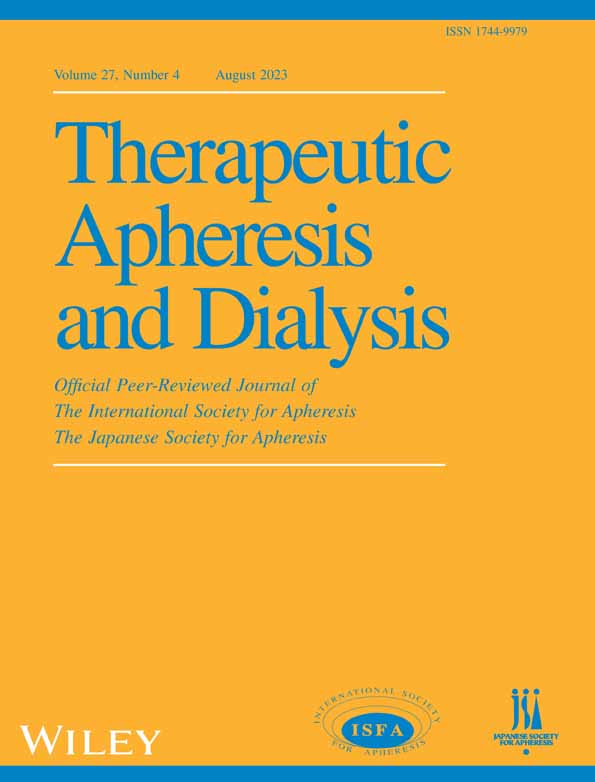Immunocompromised states caused the prolonged duration of viral shedding in middle-aged and elderly hemodialysis patients infected with the Omicron variant of COVID-19
Abstract
Introduction
To evaluate the impact of hemodialysis on the duration of viral shedding in middle-aged and elderly patients with the Omicron variant of COVID-19.
Methods
The study was a descriptive, paired cohort study. Hemodialysis participants (the HD group) aged 45–99 years infected with the Omicron variant of COVID-19 were matched (in a 1:2 ratio) with patients not undergoing hemodialysis (the non-HD group) according to age, gender, vaccination doses, and comorbidity. The duration of viral shedding and clinical data were collected.
Results
Ninety-nine patients met the inclusion criteria. The duration of recovery was significantly longer for HD patients than for non-HD patients (p < 0.05). Lower counts for CD45+ cells and lymphocytes, along with lower levels of albumin and hemoglobin were associated with a longer duration of viral shedding (p < 0.05).
Conclusion
Hemodialysis patients with immunocompromised state, anemia, and hypoalbuminemia might lead to prolongation of the duration of viral shedding.
CONFLICT OF INTEREST STATEMENT
The authors declare that they have no competing interests.
Open Research
DATA AVAILABILITY STATEMENT
All data are included in this article. The data that support the findings of this study are available from the corresponding author upon reasonable request.




